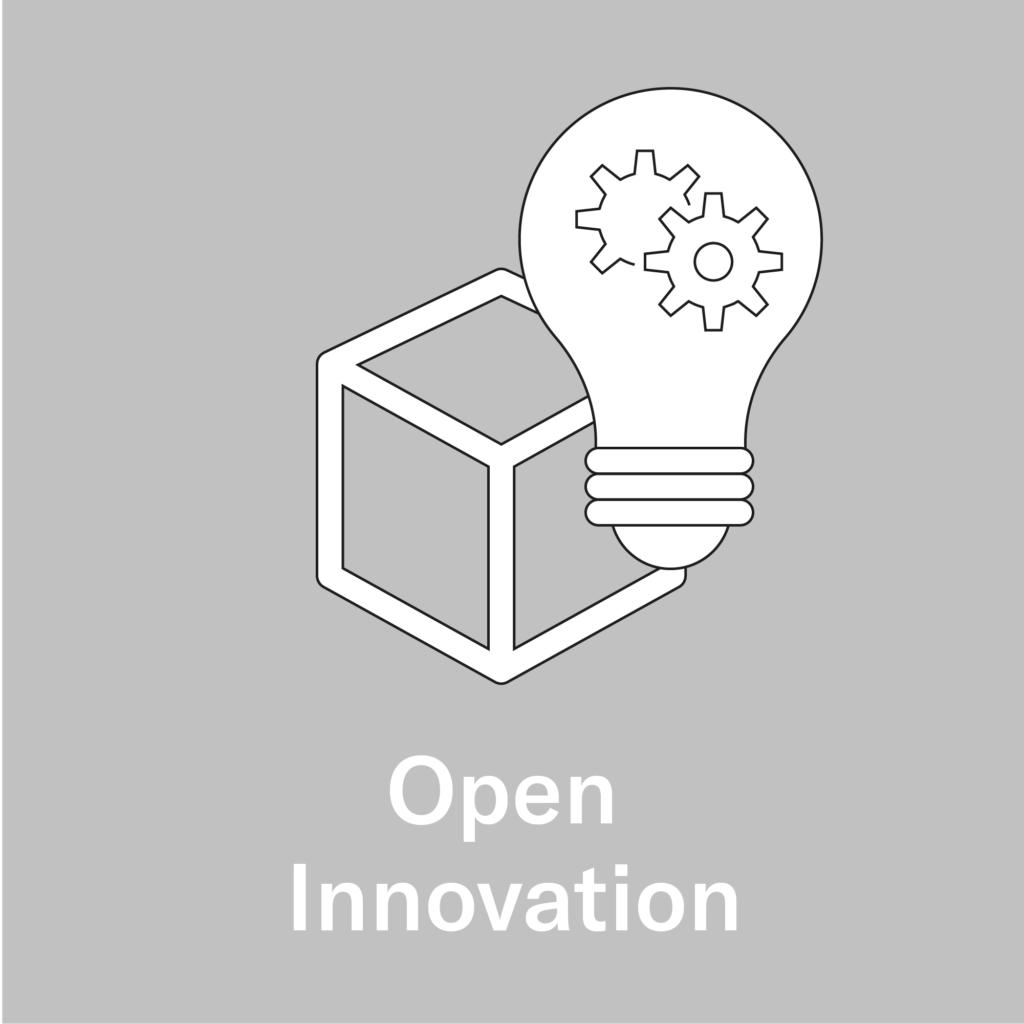Open innovation brings expertise from outside parties to generate ideas or solve problems to achieve outcomes that could not have been conceived by one stakeholder alone. Diverse collaboration between stakeholders and fields of expertise within a context of open resources such as open source software, open access to knowledge and open data has enabled many important inventions and discoveries.
The complexity of social, environmental and economic challenges that both the public and private sector must contend requires the utilisation of a broad range of skills and joint-working between previously disparate organisations and industries. To enable open innovation principles and problem solving processes to emerge within the complex systems of cities many cities and research institutions are initiating open innovation programs, to support the local startup ecosystem and forge new types of partnerships with established organisations to solve urban challenges.
Emerging open innovation concepts and projects concerning urban systems and mobility include MOD Cities by the Rocky Mountain Institute which are described as “living test sites where local municipal governments, developers, financiers, the vehicle-service industry, and urban designers and architects actively collaborate to co-innovate at the nexus of urban design, vehicles, and new mobility services.” [1]
In Antwerp a living lab has been established as a collaboration between the City of Antwerp, Flanders and imec, a nano electronics company. It includes a startup incubator and accelerator, investment in new technologies as well as the piloting of new technologies in partnership with the city.
Best practice: [1] Rocky Mountain Institute (2018) Cities Designed to Shape and Enable New Urban Mobility
